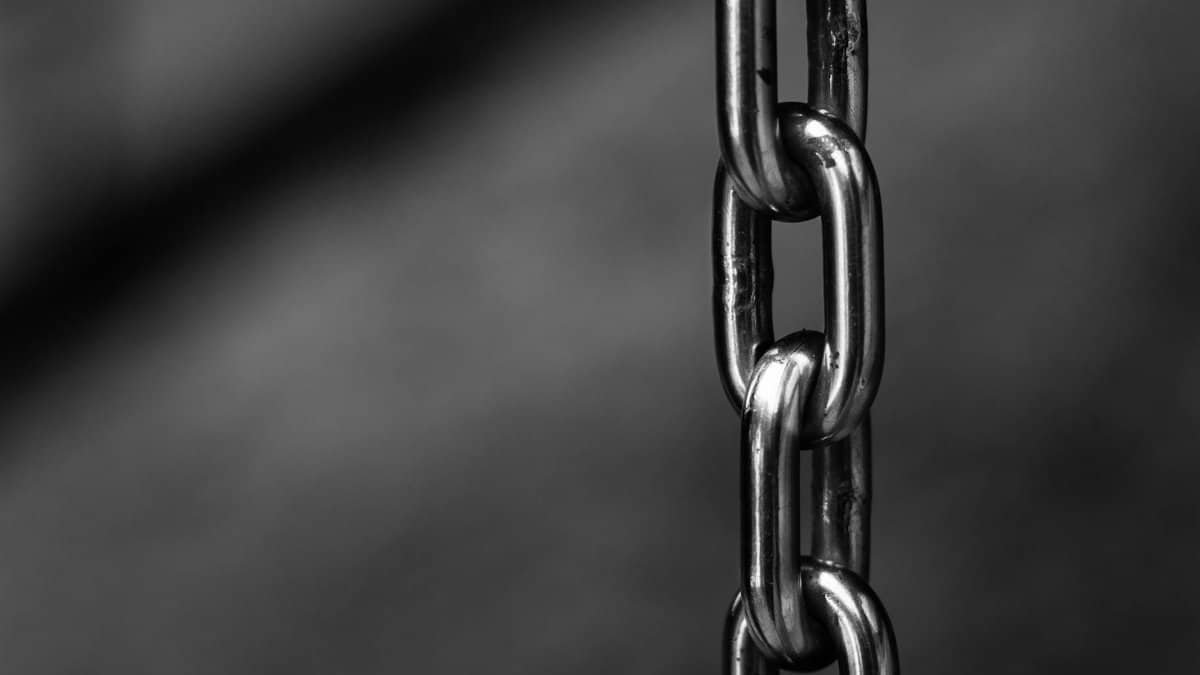Imagine a quiet Monday evening in a suburban kitchen, where a couple sits with a laptop open, calculators in hand, and a stack of bills neatly arranged. This isn’t a scene of dread or argument, but a deliberate ritual—a money monday routine—that’s become their anchor. For many American households, financial stress is a silent thief, stealing sleep and straining relationships. Yet, a growing number of families and couples are finding solace in this simple weekly practice: a dedicated time to review budgets, discuss goals, and confront money worries head-on. Far from a chore, it’s a brief, structured check-in—often just fifteen minutes—that can halve the mental load of financial uncertainty. As stress levels climb in 2025 amid economic shifts, could this small habit be a game-changer for overwhelmed households across the country?
The Hidden Toll of Financial Stress

Money worries don’t just linger; they fester. A 2023 survey by the American Psychological Association found that 72% of adults reported feeling stressed about finances at least some of the time, with many citing it as a leading cause of anxiety.American Psychological Association. For couples, unspoken tensions over spending or debt can erode trust. Single parents, meanwhile, often carry the burden alone, juggling bills with no sounding board. The mental rumination—those late-night spirals over “what ifs”—can be as draining as the problem itself. Research from the National Institute of Mental Health underscores how chronic stress impacts both mental and physical health, linking it to insomnia and even heart issues.National Institute of Mental Health. This is where a structured routine offers a surprising lifeline, turning chaos into clarity.
What Is a Money Monday Routine, Really?

At its core, a money monday routine is a short, scheduled meeting—often on Monday to kick off the week—with yourself or your household to assess finances. It’s not about overhauling your budget every time, but rather a quick pulse-check: What’s due? What’s coming in? Any surprises? For some, it’s a solo ritual with a spreadsheet and a cup of coffee. For others, like couples or roommates, it’s a shared fifteen-minute chat to align on priorities. The key is consistency—same day, same time, no exceptions. Think of it as a weekly reset, a way to face the numbers without judgment. What makes it powerful isn’t complexity, but brevity and repetition. It’s less about solving every problem and more about preventing the mental pile-up that fuels stress.
Why Mondays Work for Money Talks

There’s a subtle psychology to choosing Monday. The start of the week carries a natural momentum—a chance to set intentions before life’s chaos creeps in. Scheduling a money monday routine on this day leverages that fresh-slate feeling, making it easier to stick with than, say, a Friday when exhaustion hits. A study from the University of Pennsylvania’s Wharton School suggests that people are more likely to commit to goals early in a week or month, a phenomenon dubbed the “fresh start effect.” Wharton School. For households, Monday also often precedes midweek bill payments or paycheck deposits, offering a practical window to plan. It’s not random; it’s strategic, aligning with how our minds and calendars naturally flow.
Cutting Stress in Half: The Evidence

The claim isn’t just anecdotal—there’s data to back it up. A 2022 study by the Financial Health Network found that households who engaged in regular, brief financial check-ins reported a 50% reduction in money-related stress compared to those who avoided such discussions.Financial Health Network. Why? These routines break the cycle of avoidance. When you name the problem—whether it’s an overdue bill or an unexpected expense—it loses some of its power. Participants in the study described feeling “lighter,” as if simply acknowledging the numbers lifted a weight. Beyond numbers, the act of scheduling creates a boundary: money worries are confined to this slot, not allowed to bleed into every day. For many, that mental compartmentalization is half the battle.
Real-Life Shifts: From Dread to Dialogue

Take the case of a young couple in Ohio, anonymized here for privacy. They used to argue over money sporadically, often triggered by a surprise charge or forgotten subscription. Bills piled up, unspoken, until resentment did too. Then they tried a money monday routine—fifteen minutes each week to review their joint account. At first, it felt forced. But over months, something shifted. “It’s not about blame now,” one partner shared. “It’s just us versus the numbers.” Those short meetings became a space for honesty, even humor, as they tackled overspending together. Their story echoes a broader sentiment: structure turns dread into dialogue. Online, similar accounts surface often, with one person noting publicly that these weekly check-ins felt like “finally getting a handle on the mess,” a small victory amid life’s uncertainties.
Overcoming the Initial Resistance

Let’s not sugarcoat it—starting a money monday routine can feel like pulling teeth. For some, facing the numbers is terrifying; for others, it’s just one more task on an endless list. The trick lies in keeping it small. Set a timer for fifteen minutes. Focus on one thing—say, upcoming bills—and ignore the rest. Resistance often fades with repetition, as the brain rewires to see this as routine, not threat. Couples might face another hurdle: differing money styles. One partner’s a saver, the other’s a spender. Here, neutrality is key. Use the meeting to listen, not lecture. Over time, even skeptics often find the predictability comforting, a way to reclaim control in a world where so much feels unsteady, especially in 2025’s economic landscape.
Adapting the Routine for Solo Budgeters

Not everyone has a partner or household to share the load, and that’s fine. Single individuals or parents can still harness a money monday routine, tailored to their reality. Picture a solo budgeter in a quiet apartment, laptop open, jotting down expenses from the week. It’s less about conversation and more about self-accountability. Use this time to celebrate wins—maybe you skipped that impulse buy—or to strategize for a tight month. Apps or simple notebooks work equally well; the point is consistency. For single parents, involving older kids in age-appropriate ways can lighten the mental load too. Ask them to track a small expense, turning it into a teaching moment. Alone or not, the ritual holds: a dedicated slot to face finances without fear.
Long-Term Impact on Relationships

Beyond stress relief, there’s a deeper ripple effect. For couples, a money monday routine often rebuilds trust eroded by financial secrets or missteps. When money talks are predictable, they’re less likely to explode into fights. Shared goals—saving for a trip, paying off debt—become tangible, not abstract. Even in non-romantic households, like roommates or family units, these check-ins clarify expectations around shared costs. Over months, what starts as a practical habit can morph into a bonding one. It’s not just about the money; it’s about showing up for each other. In a culture where financial struggles are often taboo, this small act of transparency can feel quietly revolutionary, fostering connection where silence once reigned.
As households navigate the uncertainties of 2025, the money monday routine stands out as a modest but mighty tool. It’s not a cure-all—debts don’t vanish, and emergencies still strike—but it offers something rarer: a sense of agency. By carving out a sliver of time each week, families and individuals alike can shrink the shadow that financial stress casts over daily life. What begins as a chore often ends as a ritual, a reminder that even in turbulent times, small, steady steps can ground us. So, why not try it this Monday? Fifteen minutes might just change the way you see the week ahead.
